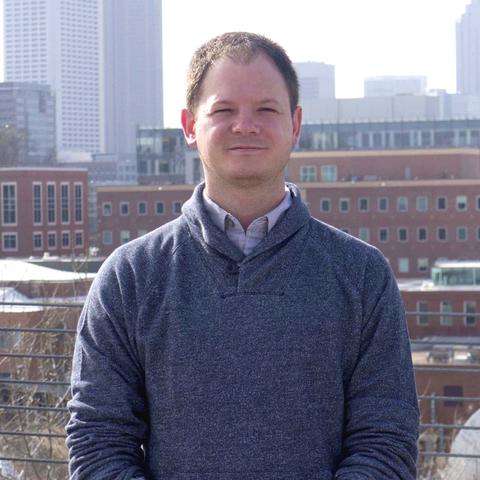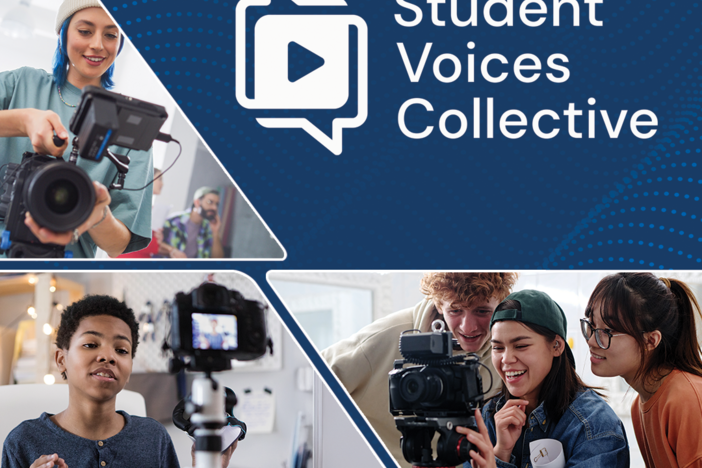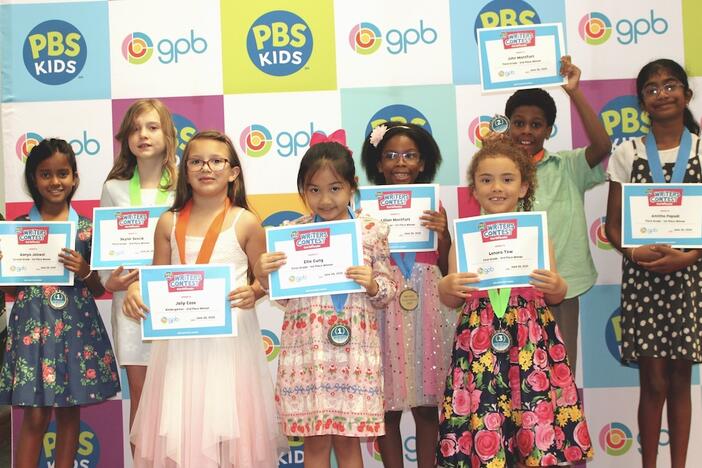
Section Branding
Header Content
Developing An Environment For Inquiry
Primary Content

As Socrates wandered the Athenian market he observed and orated, pondered and questioned. His simple queries were met with polite responses--where could an old man like himself find bread? he might ask. Behind the veil of mundane basic needs and wants, he lured the people he met in the streets into deeper thoughts and contemplation with more probing questions. The method of Socratic inquiry, long the foundation of legal education, is taken to be somewhat harsh. Relentlessly and doggededly pursuing the interviewee with increasingly more pointed questions until at last they fall into the trap of poor logic or irrational thought. Ah ha! Gotcha! Rigorous as it may be, this style of inquiry is frowned upon in K-12 education. It alienates and confuses, intimidates and exhausts.
But within his determination to question was a deeper meaning: to discover truth and morality. Those principles are at the heart of Gently Socratic Inquiry, which steers away from the cross-examination format and instead "places much more emphasis on listening, thoughtfulness, silence, care and respect for the thoughts of others," writes Dr. Thomas Jackson, former Director of the Philosophy in the Schools Project. Jackson recommends a sort of team-building exercise to create trust and build respect for others' views while engaging in discussion. In his seminal article "The Art and Craft of Gently Socratic Inquiry" (2001) in Developing Minds, hefocuses on teaching tolerance and civility amongst learners, and thus community.
Gently Socratic Inquiry . . . steers away from the cross-examination format and instead places much more emphasis on listening, thoughtfulness, silence, care, and respect for the thoughts of others
This approach is generally understood as p4c, or philosophy for children. It has become fairly well known. Essentially, the argument goes that the foundations underlying philosophical inquiry are by no means too challenging for children to tackle. Rather, such a strategy gives children powerful tools for looking at the world as they grow. The simple trust exercises are well laid out by Dr. Amber Strong Makaiau, Director of Curriculum and Research at the University of Hawai'i Uehiro Academy for Philosophy and Ethics in Education and include:
- The Community Ball where participants sit in a circle and help each other wrap yarn around a tube while answering similar questions in turn.
This activity can lead to:
- Plain Vanilla, which is a form of guided discussion where students identify questions to a reading or video then vote on the one they want to address. As the yarn ball is passed, dialogue and deliberation take place within a set of guidelines for discussion.
To structure discussion, instructors can utilize Dr. Jackson's Good Thinker's Toolkit, which offers a guide on how to keep dialogue respectful but focused, as well as productive and working towards skill-based outcomes like citing evidence, summarizing, and providing counter arguments. For ideas on inquiry lessons and approaching the idea of inquiry-based learning, have a look at our previous post.
After our article on getting started with inquiry approaches to learning, educators might benefit delving deeper into how to create environments of inquiry in their classrooms.





